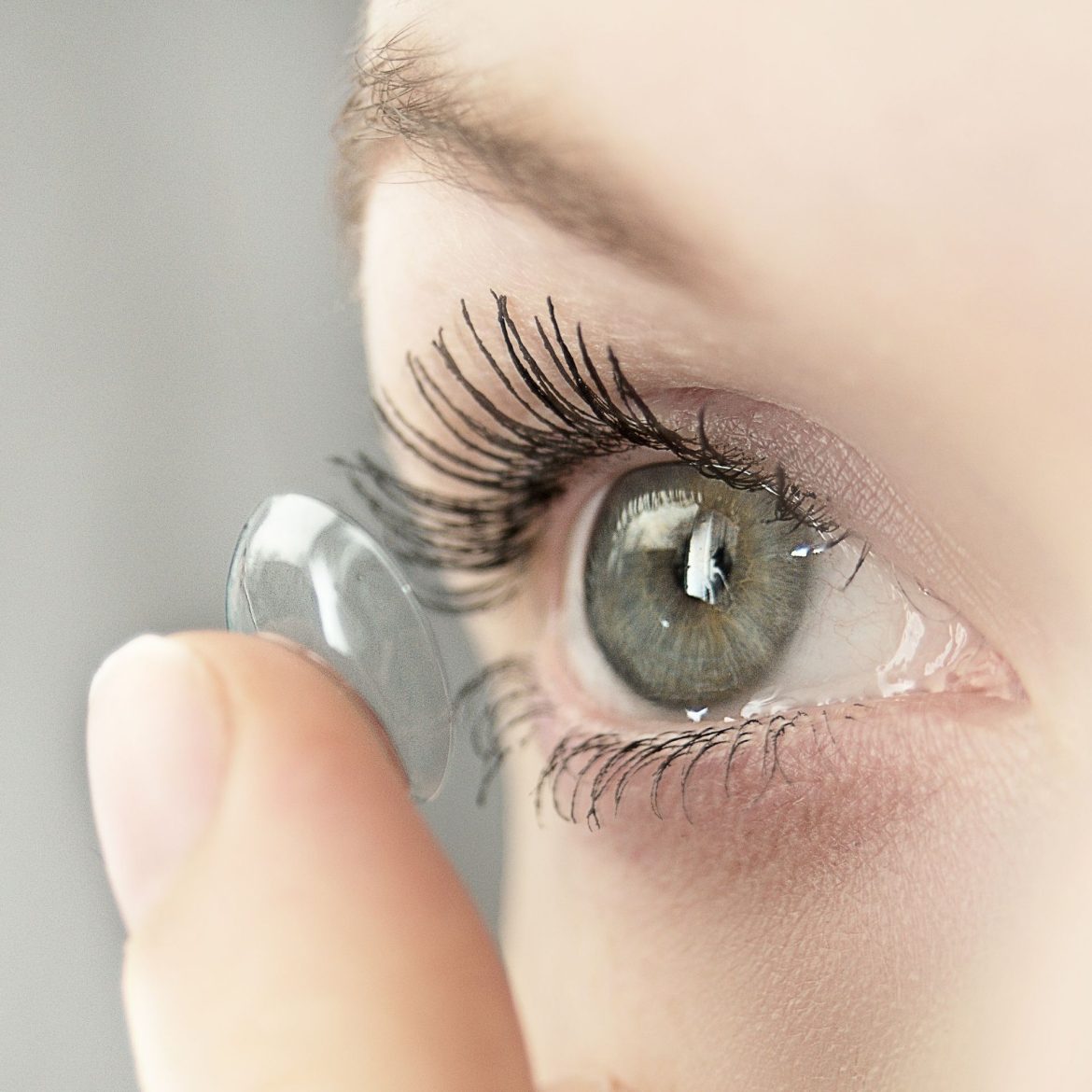194 total views , 3 views today
Looking for the best contact lenses for your eyes? It’s not an easy journey, even after your diagnosis, but gas permeable contact lenses could be the solution you’ve been waiting for.
Let’s see what they can do to help you!
Gas Permeable Contact Lenses Explained
Gas Permeable (GP) lenses are made from durable materials that allow oxygen to flow through them, enabling it to reach your eyes. This helps keep your eyes feeling comfortable and your vision sharp.
They help with a wide range of vision correction issues and can be customized to your needs.
Gas Permeable Lens Materials
You may have heard gas permeable contact lenses referred to as rigid gas permeable (RGP) lenses. It’s a fancy name that relates to the materials they’re made from.
These small, hard contacts were initially formed from polymethyl methacrylate, a tough but lightweight material. Unfortunately, it wasn’t very comfortable.
Nowadays, most are made from fluorosilicone acrylate. The key difference lies in their increased wettability (how well liquid adheres to the lens) and breathability, which can help reduce dry eyes and promote corneal health.
In a Nutshell
It’s essential to keep your eyes moist and oxygenated.
- The cornea (the outer round-shaped part that covers your eyes) doesn’t have blood vessels! It needs oxygen from the air and gets moisture partly from your tears.
- Gas permeable contact lenses allow oxygen to flow through their surface and tears to move under them.
- They reduce deposits and friction, preventing your eyes from feeling dry and irritated.
GP Lenses vs. Soft Contact Lenses
Although gas permeable contact lenses are not as popular as soft lenses, they can end up working better for some people because of their distinct advantages.
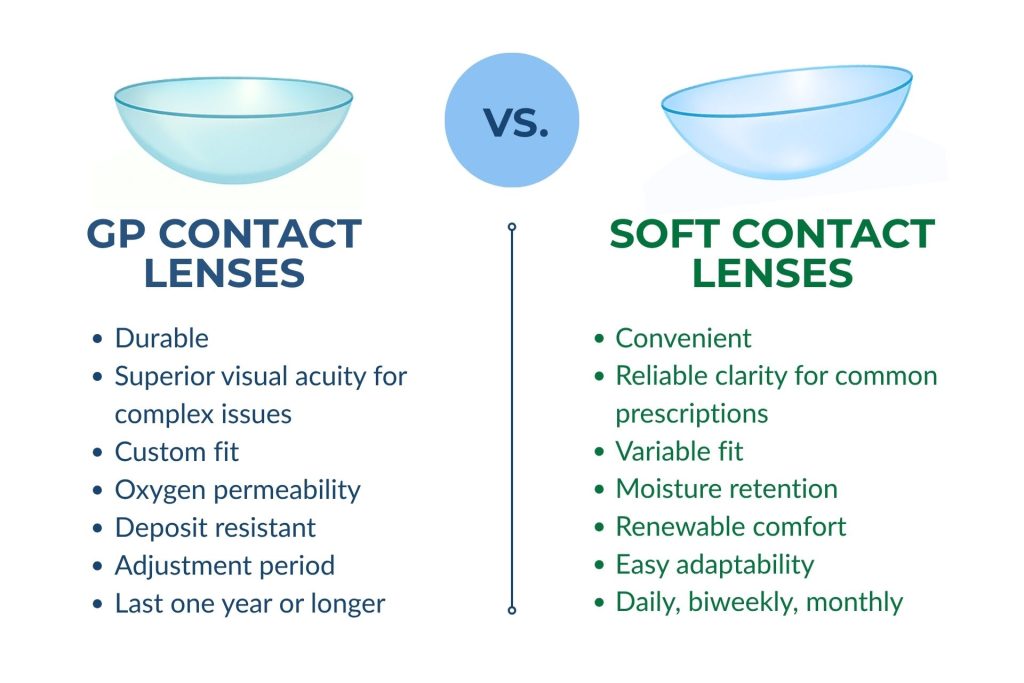
Vision Correction and Comfort
We’ve already discussed wettability and breathability, but they also help with sharper vision for people with several vision-related issues:
- Due to their rigid structure, they can be more effective for people with severe astigmatism, which involves irregularly shaped corneas or lenses.
- Gas permeable lenses are often better for individuals with presbyopia because their ability to retain their shape improves their ability to sharpen poor long-distance vision.
- Due to their rigidity and breathability, they are recommended for patients with keratoconus, a condition that can cause the cornea to become dome-shaped.
- Since their rigid shape provides a custom fit, masks irregularities, and allows oxygen to flow freely, GP contacts are commonly prescribed for post-surgical recovery.
- Gas permeable contacts can help with vision correction and are known to slow the progression of myopia in children.
- They can benefit those who suffer from severe dry eyes because they help keep the cornea hydrated.
- Some wearers find GP lenses more comfortable than soft lenses due to their breathable material and rigid design.
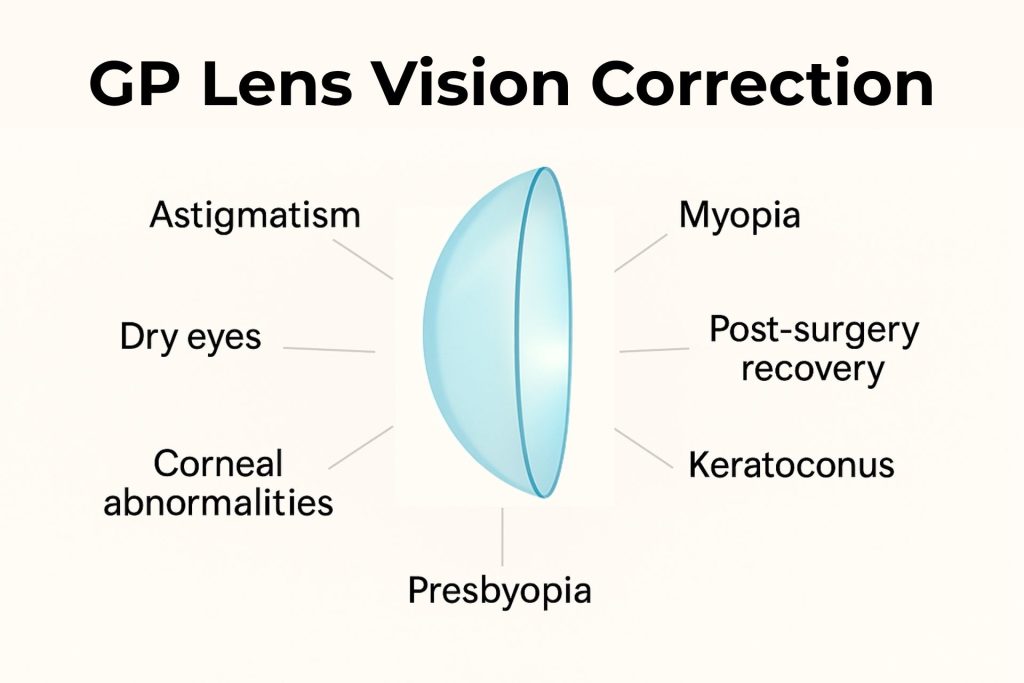
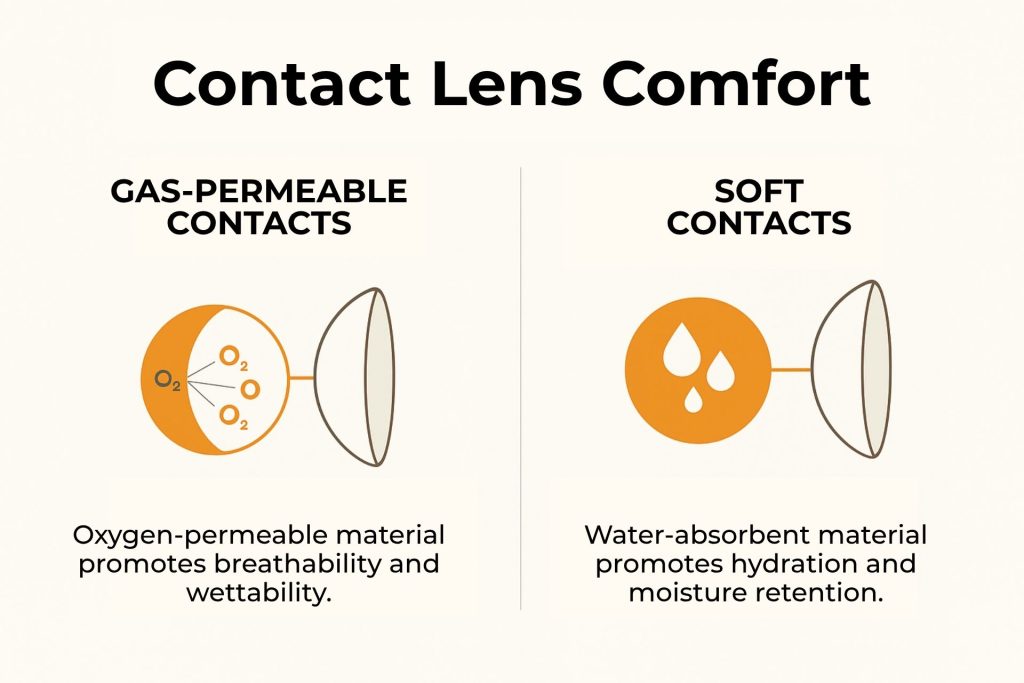
More Bang For Your Buck
Gas permeable lenses are made to be durable, so they are not as prone to tearing as other lenses. This makes them a smart investment. If you take good care of them, they can last one full year or even longer. Therefore, they usually end up costing less in the long run than soft contact lenses.
Potential Downsides of Gas Permeable Contact Lenses
When it comes to contact lenses and vision correction, there is no one-size-fits-all solution. There are some reasons GP lenses might not be for you.
First, it can take a while to adapt to them, which means some initial discomfort should not be surprising. Some people describe it as the feeling that something foreign is stuck in your eye at the start. It may take days or even weeks till you feel completely at ease. If you’re looking for a fast, easy transition, they might not be the best choice.
They also need to be worn consistently; otherwise, your eyes could start feeling sensitive again. So, they’re not ideal for part-time wearers of contact lenses. If you take them out for extended periods, you may need to go through an adjustment period all over again.
Sporty people might notice that gas permeable contact lenses can fall out more easily than soft lenses while doing intense activity. So, if you’re a frequent runner or team sports player, they might not be the best solution.
Separating Fact From Fiction
Some myths still exist around gas permeable contact lenses, so let’s see what’s true and what’s a common misconception.
“They’re hard plastic lenses.”
Well, this one’s half true. GP contact lenses are a modern take on hard lenses, but they have come a long way since the 1970s. Thankfully, old-fashioned plastic (PMMA) hard lenses are a thing of the past!
“They’ll hurt my eyes.”
They shouldn’t hurt. With proper sessions with your eye doctor, you should find a comfortable fit. They might feel slightly odd or uncomfortable at first, but since GP lenses are wettable and breathable, they should increase your daily comfort!
“They aren’t good for everyday wear.”
False! Gas permeable lenses are an excellent choice for daily wear, and they boost your quality of life through better vision. Sure, they take some getting used to, but in the long run, they can be the smartest choice for some people.
How To Get a Prescription for GP Lenses
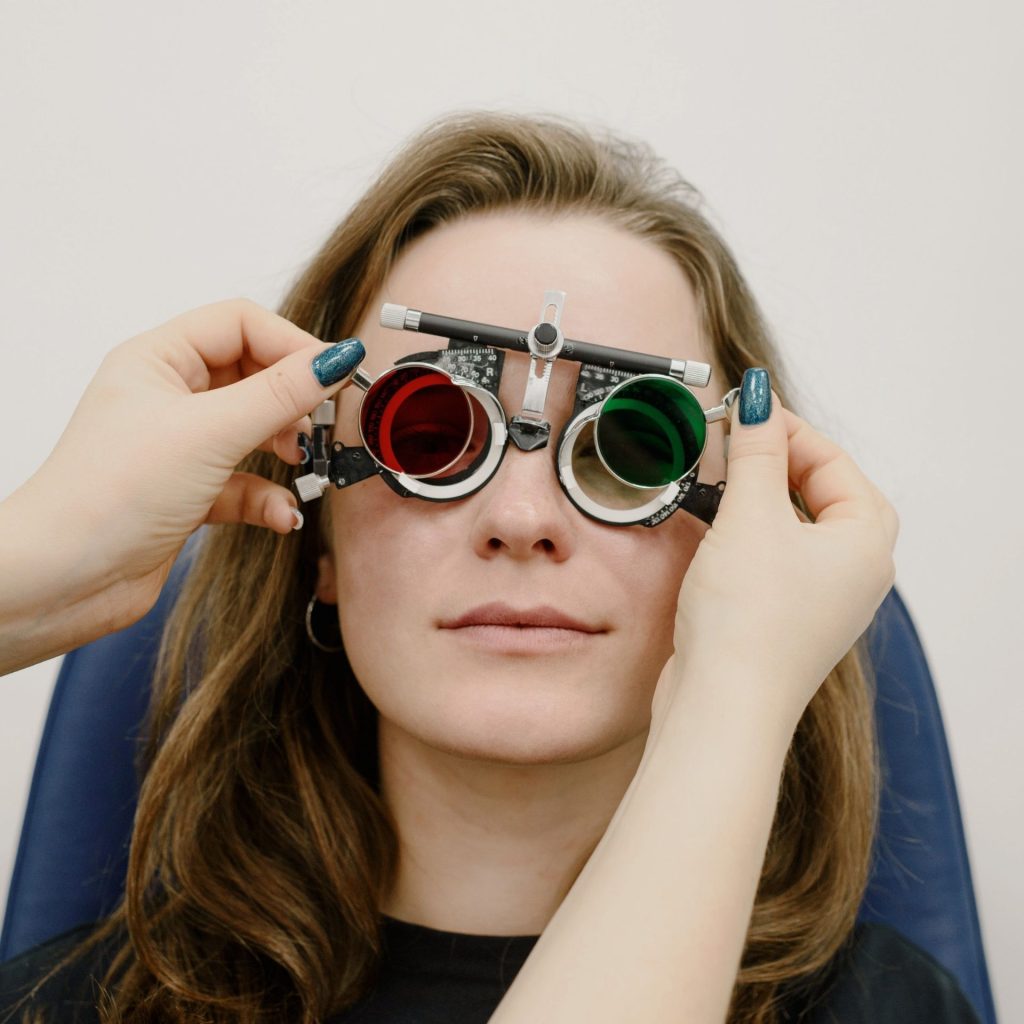
If you’ve come this far and are still considering gas permeable lenses, the first step is to make an appointment for an eye exam. Custom GP contact lenses require precise measurements to be fitted to your eyes, which can only be done by professionals.
Once your lenses are ready, you’ll be able to have a trial lens fitting with your doctor, allowing you to assess the comfort and vision improvement of your gas permeable contact lenses.
You might need some follow-up sessions to get everything right! It can take longer to transition to gas permeable lenses than soft lenses, so being aware of the length of the process is a good way to avoid frustration.
Gas Permeable Lens Maintenance
Gas permeable contact lenses are more resistant to protein buildup and stay cleaner longer. If you love low-maintenance solutions, they just might be the choice for you!
Before cleaning your GP lenses, always wash your hands. Then, follow these steps:
- Apply cleaning solution, like this Bausch + Lomb Boston ADVANCE Cleaner made especially for gas permeable contact lenses.
- Rinse the lenses with a saline or dedicated solution; NEVER use tap water.
- Store the lenses in their case with storage solution.
Ready to Try Gas-Permeable Contact Lenses?
Gas permeable lenses have been a life-changing solution for millions of people! There are multiple reasons they could work for you, too:
- Perfect for those who need a durable solution
- Breathable and wettable, ideal for dry eyes
- Precise fit
- Advanced vision correction
Only you can tell if GP lenses are right for you. Start by booking an appointment with an eye doctor. Why not give them a call today?

